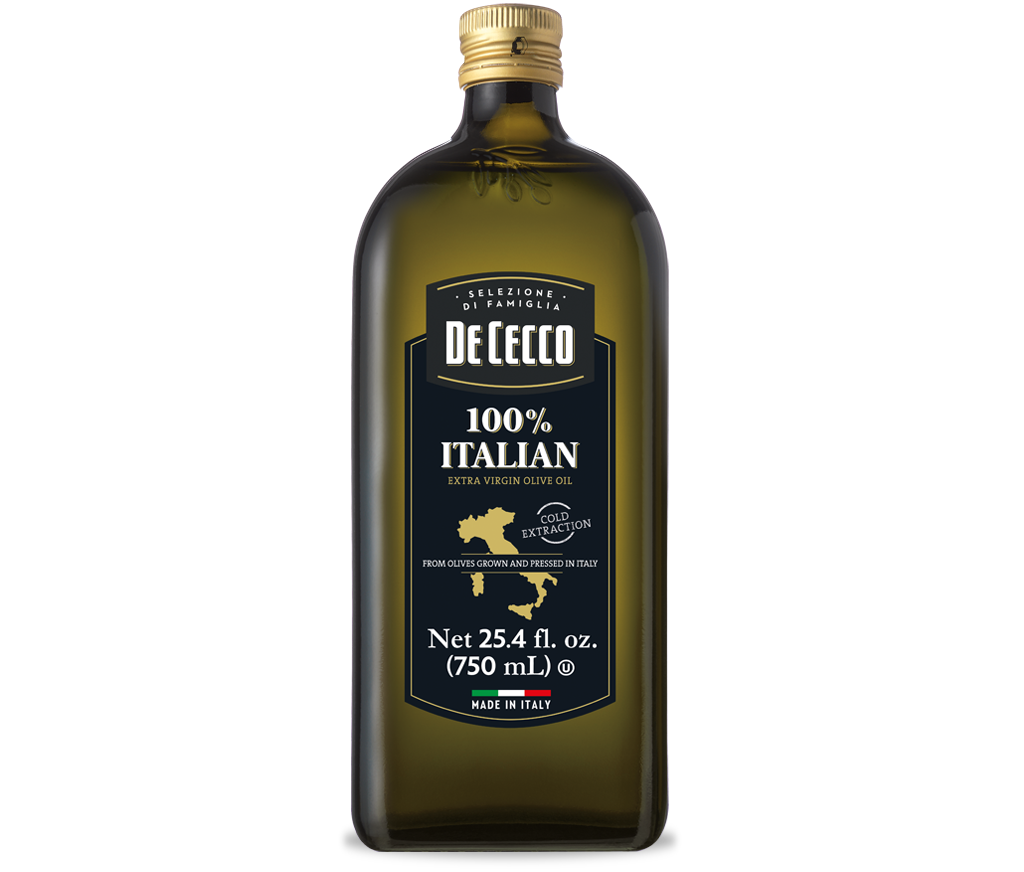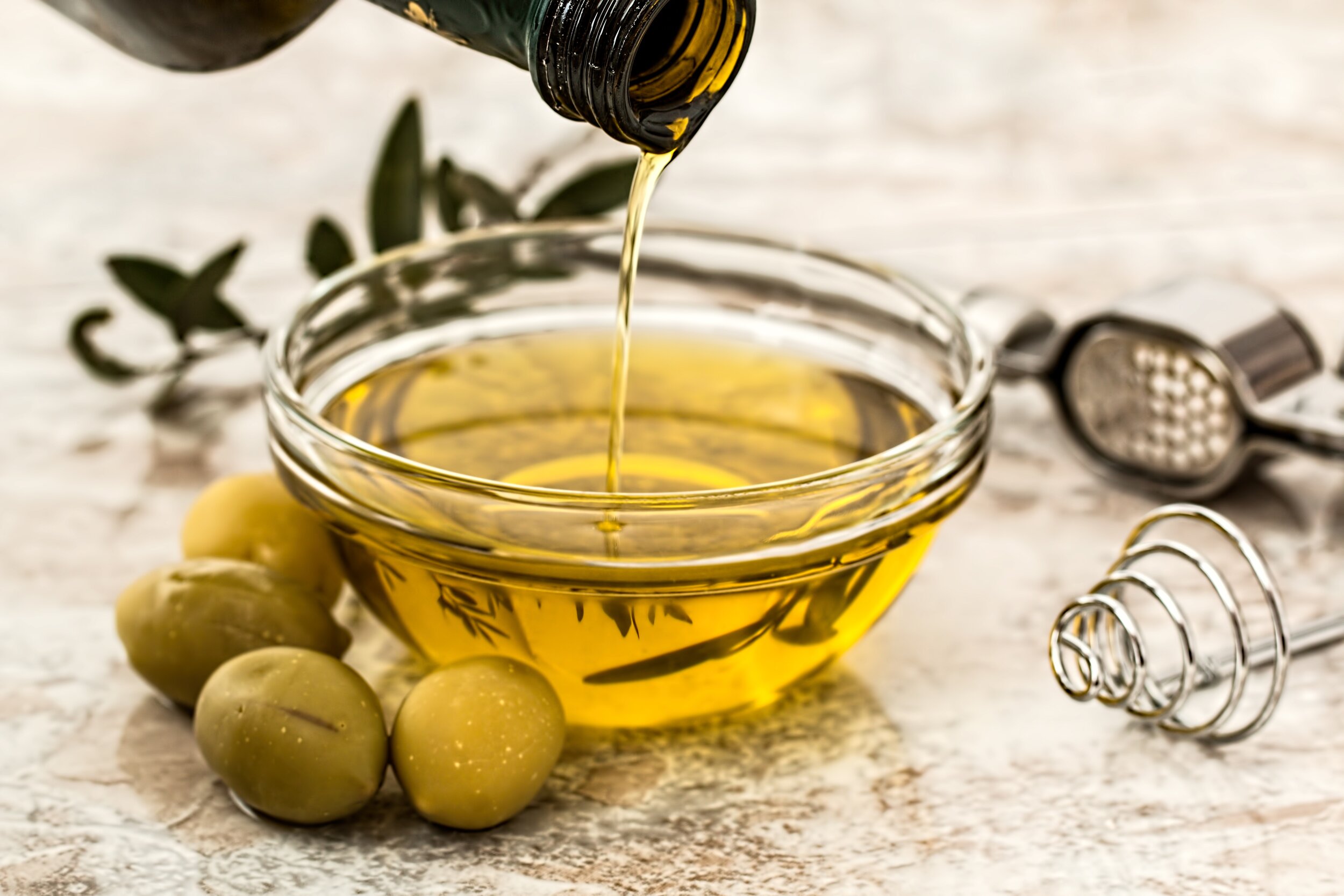Discovering the Different Kinds Of Olive Oil and Their Uses, Consisting Of Additional Virgin Olive Oil
The exploration of olive oil includes a diverse array of kinds, each offering distinctive tastes and cooking applications. Extra virgin olive oil, renowned for its superior high quality and wellness benefits, offers as a staple in numerous kitchen areas, yet it is just one aspect of this complex component.
What Is Olive Oil?
Stemmed from the fruit of the olive tree, olive oil is a staple in Mediterranean food and an essential component in numerous cooking applications. This flexible oil is generated by pushing entire olives, leading to a fluid that differs in scent, shade, and flavor depending on the sort of olives utilized, the area of growing, and the extraction process. Olive oil is mostly composed of monounsaturated fats, especially oleic acid, which is understood for its possible health benefits, including anti-inflammatory residential properties and cardiovascular support.
Along with its culinary uses, olive oil has a lengthy background of application in typical medicine and skincare, owing to its rich antioxidant web content (extra virgin olive oil benefits). The oil is often used in dressings, marinates, and for cooking approaches such as sautéing and roasting. Its distinctive taste profile can boost the preference of various recipes, making it a necessary ingredient for both home cooks and expert chefs
Moreover, olive oil is celebrated for its role in the Mediterranean diet plan, which is connected with countless wellness benefits. As recognition of these benefits expands, olive oil proceeds to get popularity worldwide as a basic element of a healthy and balanced way of life.
Kinds Of Olive Oil
Comprehending the different types of olive oil is essential for both health-conscious customers and cooking fanatics. Olive oil is identified primarily based upon its removal technique and high quality, which dramatically impacts its flavor, fragrance, and health advantages.

Light olive oil, in spite of its name, describes a lighter flavor and not lower calories. It is optimal for those looking for a much more refined preference in dressings and marinates. In addition, there are flavorful olive oils instilled with herbs, flavors, or citrus, which can boost dishes without the demand for extra seasoning.
Each sort of olive oil serves certain cooking purposes, and comprehending these differences enables customers to make enlightened options that line up with their cooking designs and health goals.
Additional Virgin Olive Oil
Bonus virgin olive oil (EVOO) is widely considered the finest olive oil offered, celebrated for its rich flavor and countless wellness benefits. To be categorized as additional virgin, the oil should be created from fresh olives utilizing mechanical procedures, without using solvents or too much heat. This careful technique preserves the oil's natural tastes, anti-oxidants, and healthy and balanced fats, resulting in a product with a low acidity level of less than 0.8%.
EVOO is abundant in monounsaturated fats, especially oleic acid, which is connected to reduced swelling and boosted heart health and wellness. It likewise includes polyphenols, effective antioxidants that might supply safety effects versus persistent diseases. The taste account of EVOO can differ substantially relying on the olive variety and area of production, varying from fruity and verdant to robust and sharp.

Culinary Utilizes of Olive Oil

In cooking, olive oil can be used for sautéing, toasting, and barbecuing, offering a healthier choice to butter or various other fats. Its high smoke point makes it appropriate for various cooking methods, while its antioxidants add to a heart-healthy diet. Showering olive oil read review over completed recipes, such as pasta, fish, or smoked vegetables, can raise tastes and add a touch of style.
In addition, olive oil plays a significant function in cooking, where it can replace typical fats in dishes for bread and pastries, presenting moisture and a subtle preference. It additionally acts as a base for infused oils, allowing cooks to trying out flavors such as garlic, natural herbs, or chili, additionally increasing its culinary potential. On the whole, olive oil's versatility makes it vital in both home and professional kitchen areas.
Picking High Quality Olive Oil
When choosing high quality olive oil, it's vital to take into consideration numerous crucial factors that influence the item's health, flavor, and aroma advantages. Most importantly, go with extra virgin olive oil (EVOO), which is obtained from the first chilly pressing of olives and consists of the highest levels of antioxidants and helpful substances. Try to find oils that are certified by identified organizations, as this typically makes certain adherence to stringent high quality criteria.
The product packaging likewise plays a considerable duty in protecting the oil's honesty. Choose oils stored in dark glass bottles or tins to shield versus light degradation. Focus on the harvest date; fresher oils use exceptional flavor and dietary value, so select items that are within 18 months of their harvest.
Furthermore, consider the beginning of the oil. High-quality olive oils usually come from details areas recognized for their distinctive flavor profiles, such as Italian, Spanish, or Greek oils. Finally, be conscious of the taste; a high quality olive oil should have a balance of fruity, bitter, and sharp notes, indicating its splendor and complexity. By evaluating these aspects, you can ensure you are selecting the best olive oil for your culinary demands.
Conclusion
In summary, the expedition of numerous kinds of olive oil exposes distinctive features and applications, with added virgin olive oil representing the pinnacle of high quality due to its low acidity and high antioxidant content. Understanding the various selections of olive oil allows for educated choices in food preparation techniques, promoting healthier techniques while improving the total gastronomic experience.
Derived from the fruit of the olive tree, olive oil is a staple in Mediterranean food and a key component in various cooking applications.The most usual types of olive oil include fine-tuned olive oil, pure olive oil, he said and light olive oil.Bonus virgin olive oil (EVOO) is commonly concerned as the highest high quality olive oil offered, well known for its rich taste and various wellness advantages. Decide for additional virgin olive oil (EVOO), which is acquired from the first Read More Here cold pressing of olives and includes the highest degrees of antioxidants and useful compounds.In recap, the exploration of different kinds of olive oil discloses distinctive qualities and applications, with added virgin olive oil representing the peak of high quality due to its reduced level of acidity and high antioxidant content.